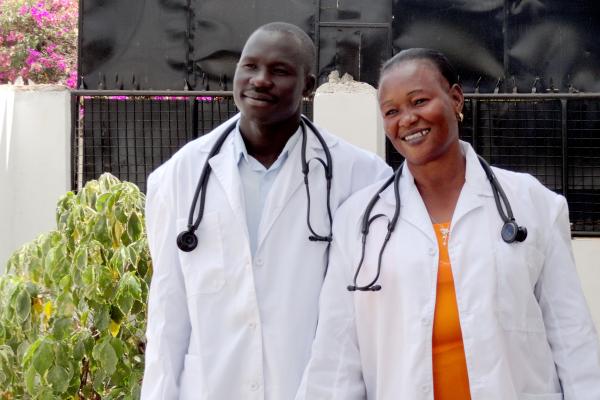May 7, 2012
Soon it will be Mother’s Day in the United States. For most women in developed nations, motherhood comes after months of joyful preparation to make sure the birth goes as smoothly as possible. But in places far away from the world of prenatal vitamins and baby showers, women routinely deliver their children at home, hundreds of miles away from the nearest doctor or midwife. This is the story of a health worker in South Sudan who is fighting for change and finding strength in his faith.

Read the Full Article

Already a subscriber? Login
